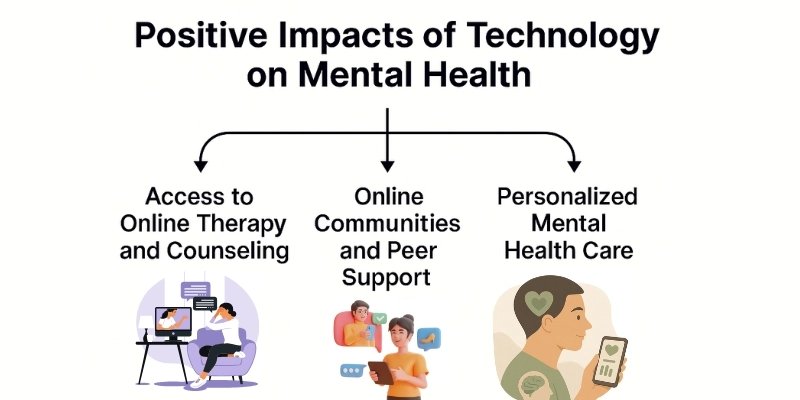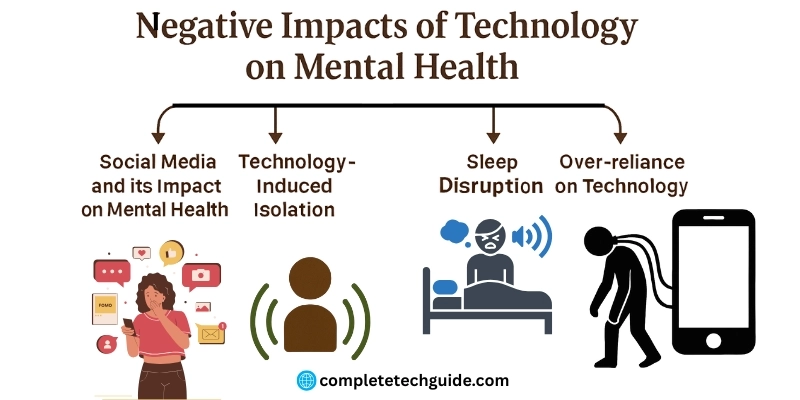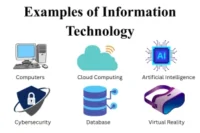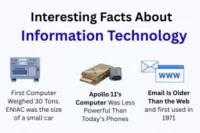How Does Technology Impacts Mental Health: Positive & Negative Effects with Solutions
Published: 3 Aug 2025
In the 21st century, technology is everywhere. From work to entertainment and staying in touch with people, it’s hard to imagine life without it. While technology offers many comforts, there are rising concerns about its effect on our mental health.
As we continue to live in an increasingly digital environment, it is critical to understand how technology affects our physical and mental health, both positively and adversely.
This article discusses the impact of technology on mental health, highlighting both its benefits and challenges. We will also provide practical advice on controlling technology use in a way that benefits us rather than harms our mental health.
The Positive Impacts of Technology on Mental Health
Technology has many positive effects on human mental health that make life easier. They help us to access online therapy and counseling, connect with online communities, and also support us in personalized mental care virtually.
- Access to Online Therapy and Counseling
- Online Communities and Peer Support
- Personalized Mental Health Care

Access to Online Therapy and Counseling
One of the most significant benefits of technology is its ability to provide easy access to mental health care. Online platforms, mobile apps and telehealth services have made it easier than ever to receive counseling and therapy digitally all over the world.
This online therapy technology has been beneficial for those who face obstacles to in-person therapy, such as geographical location, financial conditions and social loss of reputation.
Example: Apps like Calm and Headspace teach users mindfulness and meditation techniques to reduce stress, while platforms like BetterHelp offer online therapy with licensed professionals.
Online Communities and Peer Support
Technology has enabled people to connect with others who have similar mental health challenges. Online support groups and forums allow individuals to share their stories, offer one another motivation, and receive emotional support.
These communities can help reduce feelings of loneliness and promote mental well-being.
Example: Platforms like Reddit, Quora, and 7 Cups offer safe spaces for people to engage in open discussions and find support from others facing similar challenges.
Personalized Mental Health Care
The use of technology in mental health care has enabled more specific therapy. Wearables and smartphone applications capture data on sleep habits, physical activity, and mood, allowing users to monitor their mental health and identify potential issues.
This information is then utilized to adapt treatments to meet individual requirements.
Example: Devices like Fitbit and Apple Watch track physiological data that can help individuals manage stress and improve their mental health.
Negative Impacts of Technology on Mental Health
Technologies are helpful, but they also have some negative effects on our mental health. Before using or buying a latest tech product, it is better to know what it can damage or effect on a person’s mental condition.
- Social Media and Its Impact on Mental Health
- Technology-Induced Isolation
- Sleep Disruption
- Over-reliance on Technology

Social Media and Its Impact on Mental Health
Social media has transformed how we interact, but it has also been linked to increased anxiety, depression, and loneliness, especially among young people. Constant contact with idealized versions of other people’s lives can result in unhealthy comparisons, poor self-esteem, and emotional suffering.
Cyberbullying, online harassment, and the desire for affirmation via likes and comments all contribute to these bad outcomes.
Studies have shown that Excessive use of social media is correlated with higher rates of anxiety and depression, especially among teens and young adults.
Technology-Induced Isolation
While technology can help individuals interact on a global scale, it can also contribute to social loneliness. Excessive online activity, whether on social media or gaming platforms, may reduce face-to-face encounters, leading to feelings of sadness and separation.
This lack of real-world connection might have a negative impact on mental health since online friendships often deliver the same emotional satisfaction as in-person ones.
Research suggests that individuals who spend a significant amount of time on social media are more likely to experience social isolation.
Sleep Disruption
One of the major concerns or disadvantages of technology is its impact on sleep. The blue light emitted by smartphones, laptops, tablets, and computers interferes with the production of melatonin (a hormone that controls sleep). Interrupted sleep habits can cause memory loss, anxiety, and mood problems.
Critical issue: The use of screens before bedtime can disrupt circadian rhythms, making it more difficult for individuals to fall asleep and obtain restful sleep.
Over-reliance on Technology
Another disadvantage of technology is the risk of excessive dependence on technological products for emotional support. Rather than engaging in face-to-face encounters or physical activities, people often turn to their electronic devices for quick fixes, such as browsing social networking sites or playing video games.
This lack of dependence on technology can prevent people from developing healthier coping mechanisms for stress and emotions.
Example: The World Health Organization has identified video game addiction as a mental health disease, emphasizing how excessive use of technology may disrupt everyday life, relationships, and overall health.
Using Technology to Support Mental Health by Finding Balance
While technology may have an unhealthy effect on the state of mental health, it can also be an effective tool for managing and increasing mental well-being when used wisely. Finding a balance is crucial.
Here are some suggestions for keeping a healthy relationship with technology.
- Set Limits on Screen Time: Set limitations on the amount of time you spend using social media or playing video games. Consider arranging tech-free moments such as before meals or before. While mental health apps can be useful, they should not replace professional therapy or counseling. Use these tools alongside in-person care when needed.
bedtime, to promote personal discussions and relaxation. - Use Mental Health Apps Mindfully: While mental health apps might be valuable, they should not take the place of professional treatment or counseling. Use these resources in combination with in-person care as needed.
- Engage in Physical Activity: Use modern technology to assist with your physical wellness, such as fitness applications or online workout programs, to improve your mental health and reduce stress.
- Practice Digital Detox: Take regular pauses from technology to recharge and engage in activities that benefit your mental health, such as spending time outside or practicing meditation.
Conclusion
The effect of technology on mental health is complicated, including both good and bad consequences. While technology provides beneficial tools for managing mental health, such as online therapy and support from other people, it could contribute to problems like nervousness, sadness, and social isolation.
The idea is to utilize technology in a way that improves mental health without becoming excessively dependent on it or allowing it to interfere with real-world relationships and activities.
Individuals can maximize the benefits of technology while minimizing its risks by striking a balance and using it with mindfulness and intention.
Ultimately, technology should be viewed as a tool to support mental health rather than a replacement for in-person relationships, self-care, and professional assistance.
FAQs about positive & negative impact of technology on Mental Health
Here are the most asked questions about the good and bad effects of technology on mental health.
Technology can negatively impact mental health by increasing stress, anxiety, and depression. Spending too much time online or on social media can lead to feelings of loneliness and isolation.
On the positive side, technology can connect people and provide access to mental health resources. On the negative side, excessive use of tech products can be a reason for stress, anxiety, and sleep problems.
Modern technology may both benefit and hurt mental health. It can provide support and enjoyment, but excessive usage can lead to addiction, anxiety, and loneliness.
Social media may harm mental health by creating unreasonable expectations and feelings of failure. It may also lead to online harassment or feelings of rejection.
Blue light from displays can cause sleep disturbances, making it difficult for individuals to fall asleep and get sufficient rest. Poor sleep can lead to mood changes, increased stress, and decreased mental well-being.
Excessive use of technology can be harmful, leading to nervousness, anxiety, and social isolation. However, balanced and careful usage can have beneficial consequences.

- Be Respectful
- Stay Relevant
- Stay Positive
- True Feedback
- Encourage Discussion
- Avoid Spamming
- No Fake News
- Don't Copy-Paste
- No Personal Attacks



- Be Respectful
- Stay Relevant
- Stay Positive
- True Feedback
- Encourage Discussion
- Avoid Spamming
- No Fake News
- Don't Copy-Paste
- No Personal Attacks





